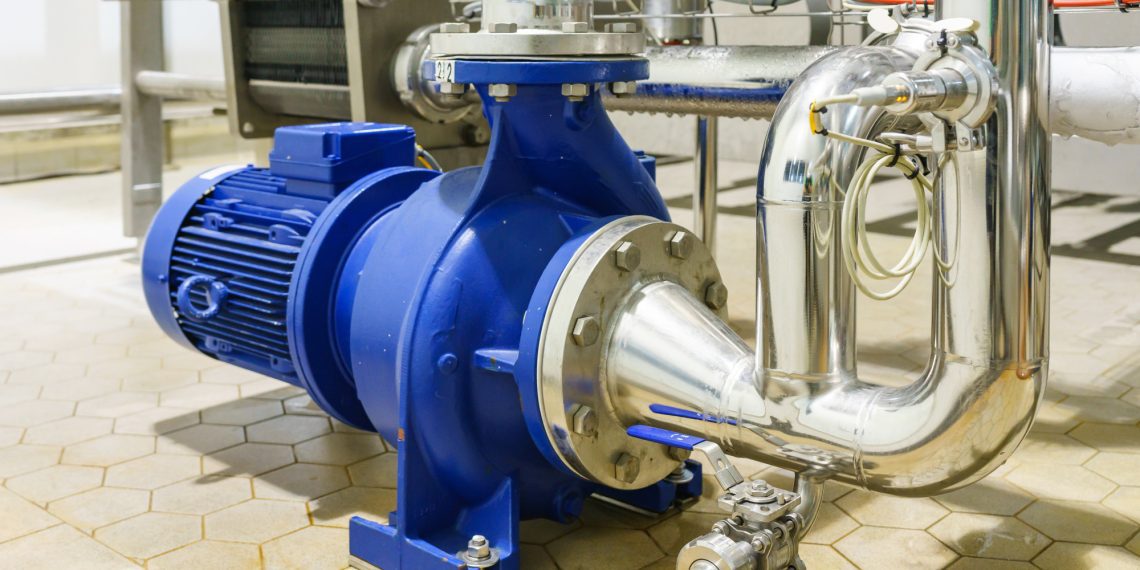Business Research Insights suggest that in 2022, the market size for pump impellers was $18 billion. It’s a surprisingly big industry. Yet it’s not so surprising when you realize how many different applications there are for pumps these days.
If you’re looking to maximize the performance of your pump, the type of impeller you choose is of utmost importance. However, with a variety of pump impellers to choose from, it can be overwhelming to know which one is right for your application.
In this article, we’ll take a look at the different types of impellers available and their best uses, to help you make an informed decision when choosing the right impeller for your pump.
Continue reading to get the lowdown.
Table of Contents
Key Components of a Pump Impeller
An impeller consists of a circular disk with vanes radiating from the center. The vanes are shaped and angled to create the flow of the fluid being pumped.
The hub is the center of the impeller and is connected to the pump shaft. The outer circumference of the impeller, known as the shroud, helps to contain and direct the flow of the fluid.
Let’s now look at some of the most common types of impellers:
Radial Impellers
Radial impellers are the simplest and most common type of impeller. They consist of a disc with vanes radiating from the center and are best suited for low-pressure, high-volume applications.
Radial impellers are often used in water pumps. People also use them for other general-purpose applications.
Axial Impellers
Axial impellers have vanes that are parallel to the axis of the pump shaft. They are best suited for high-pressure, low-volume applications.
Engineers put them in booster pumps and high-pressure washdown systems.
Mixed-Flow Impellers
Mixed-flow impellers have vanes that are angled in between radial and axial. This creates a combination of radial and axial flow.
They are best suited for applications that need a combination of high pressure and high volume. Mixed-flow impellers work well in irrigation and flood control pumps.
Polymer Impellers
Polymer impellers are made from plastic materials. These are materials such as PVC, polypropylene, and fiberglass.
They are lightweight and corrosion-resistant. This makes them ideal for use in corrosive and abrasive fluid applications, like wastewater treatment.
Plastic Impellers
Plastic impellers are lightweight and corrosion-resistant. They are often used in applications where a low-cost alternative to metal impellers is needed.
A plastic water pump impeller is one of the most common plastic impeller types.
Choosing the Best Type of Impeller for Your Application
For low-pressure, high-volume applications, a radial impeller may be the best choice. For high-pressure, low-volume applications, an axial impeller may be the best fit. If a combination of high-pressure and high volume is needed, a mixed-flow impeller may be the best option.
In corrosive and abrasive fluid applications, a polymer or plastic impeller may be the ideal choice due to its corrosion and abrasion resistance. It’s also important to consider the cost and durability of the impeller. For example, while plastic impellers may be a low-cost alternative to metal impellers, they may not be as durable in harsh operating conditions.
Choose the Right Pump Impeller
Choosing the right type of pump impeller is crucial for maximizing the performance of your pump. Consider your fluid type, pressure and flow requirements, operating conditions, and cost when selecting the right impeller for your application.
For blog articles, scroll up this page and take a look at our navigation menu.

